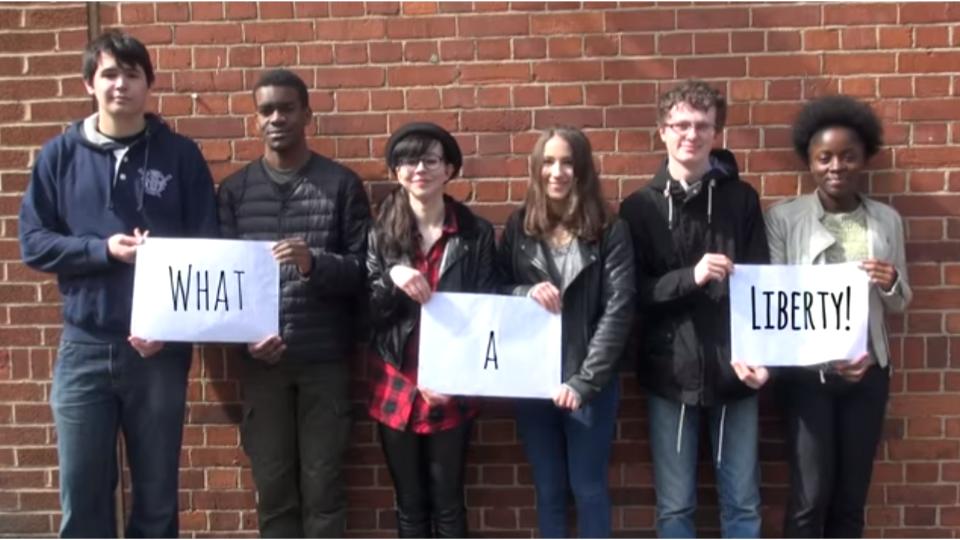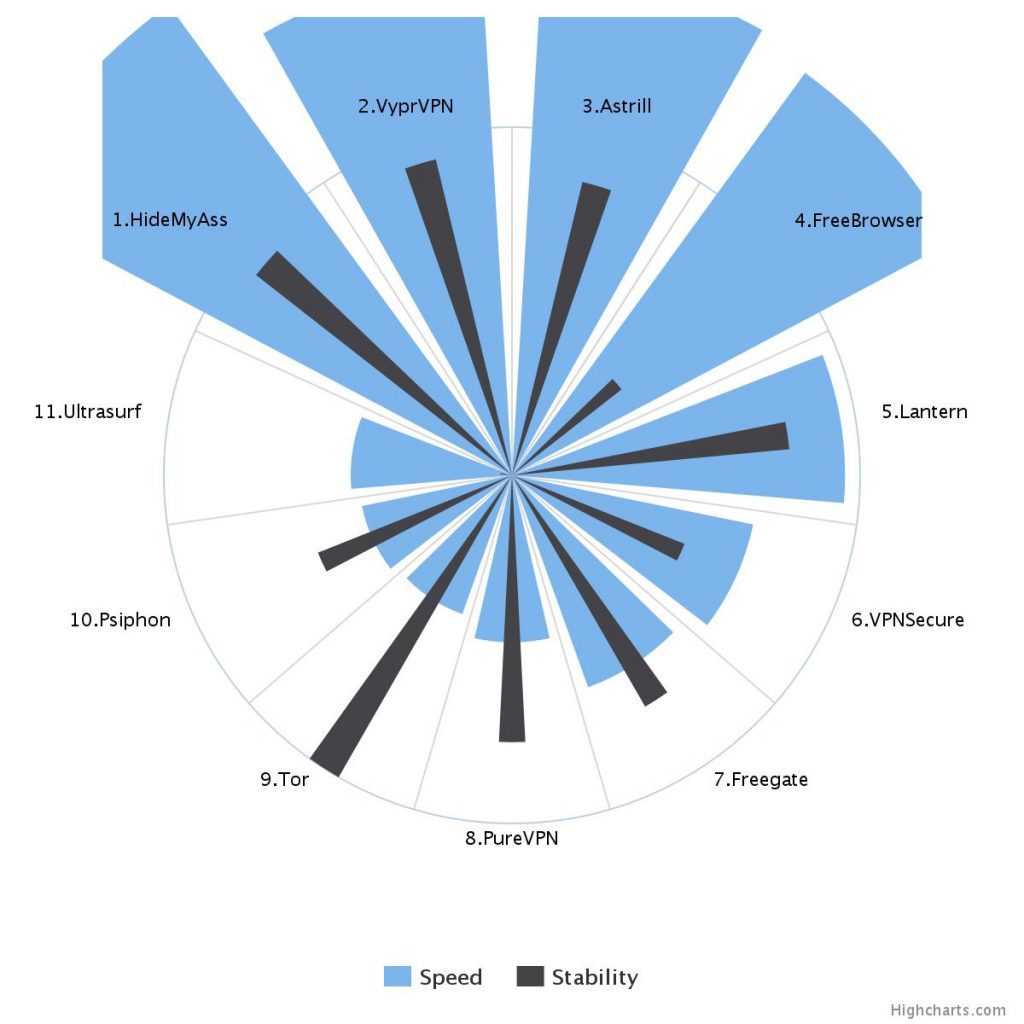Index relies entirely on the support of donors and readers to do its work.
Help us keep amplifying censored voices today.

On Wednesday 6 July, What a Liberty! will launch their Magna Carta 2.0 at the Collection Museum in Lincoln.
Since February, eighteen British teenagers have worked together to re-imagine the Magna Carta and create their own Great Charter, the Magna Carta 2.0. Led by Index on Censorship and funded by the Heritage Lottery Fund, Magna Carta 2.0 aims to spark discussion, provoke change and encourage young people to make sure their voice is heard. The group focused on the need for justice, equality, education and environmental consciousness. They have launched a self-managed website and social media presence to spread the word and spark discussions about human rights in the 21st century.
This event is open to the public – and will include a presentation from the group, audience Q&A and speeches from special guests, including Rachael Jolley, editor of Index on Censorship magazine. Following the presentation, we’ll be hosting a tea reception at The Collection, a chance to meet the group and other invited guests.
2.15pm-3.15pm – presentation and discussion
3:15pm-4:15pm – tea reception
The Collection Museum, Danes Terrace, Lincoln, LN2 1LP
“We’re here to influence the future. We’re here to promote a new charter. We are Magna Carta 2.0.”
How can we protect a free media and space for civil society? What are the growing restrictions facing journalists? How can investigative journalism fight corruption?
As the space for free media in Europe is threatened, the importance of an independent media must be emphasised. A free and independent media plays a vital role in exposing corruption and holding governments and the corporate world accountable.
Join Transparency International EU for a conference on “The Role of Investigative Journalism and a Free Media in Fighting Corruption” including:
Restrictions on Media and the Press in the European Union, 3.45pm-4.45pm
Investigating Corruption, 4.45pm-5.45pm
When: 2-6pm, 14 July
Where: Residence Palace, Rue de la Loi 155, Brussels
Tickets: To attend this event, register here. To apply for a travel grant contact [email protected]
In almost four months covering protests against France’s labour reform bill, a number of journalists in the country have faced intimidation, detention and injury. Others have had their equipment broken or been physically prevented from doing their job.
On 9 April, a group of protesters threatened journalists in Rennes. The following month, a journalist working for Le Figaro newspaper was hurt by a projectile, likely to have been thrown by a protester and aimed at the police.
However, there have been more reports of violence against journalists being perpetrated by police forces. On 5 April, a Mediapart journalist reported that a member of the police force tried to break his phone while he was filming a violent arrest at a protest in Paris. On 10 May, a journalist who works for Les Inrockuptibles was hurt by a grenade launched by riot police during a protest in Paris. Six days later, it was alleged that an Agence France Presse journalist had their camera broken by a police officer while filming an arrest.
Journalists have also been attacked with batons and one as hurt by a Flash-Ball gun. On 23 June, two independent journalists, including Gaspard Glanz from Teranis News, were detained for hours in a police van while on their way to cover a protest in Paris.
“I didn’t think this could happen in France,” Julie Lallouet-Geffroy, an administrator for Club de la Presse de Rennes et de Bretagne and journalist for Reporterre, told Index on Censorship.
Club de la Presse de Rennes et de Bretagne, a press club based in the city of Rennes, Brittany, has been particularly active in denouncing violence against journalists covering the local protests. After journalists were attacked in Rennes on 2 June, the group took the case to France’s constitutional ombudsman for citizens’ rights and met with the interior minister.
Lallouet-Geffroy told Index what happened when journalists were caught in the middle of the clash between police and protesters. “Police forces first hit an independent photographer, then they hit Vincent Feuray [a contributor to Libération],” she said. “He fell to the ground unconscious and remained unconscious for a few seconds.”
Lallouet-Geffroy said she was also shoved by police.
She told Index that meetings with journalists at the club resemble “group psychotherapy”: “Journalists often won’t talk about this type of incidents – they consider it’s just behind-the-scenes stuff. But soon you realise that journalists working for very established media outlets, such as AFP or France 3, who have a 12kg camera on the shoulder, are teargassed at point-blank range. What really struck me is the banalisation of such violence.”
Reporterre recently published a report on police violence against protesters, which includes a few pages on cases where journalists were targeted. “What’s disconcerting is this litany of violence in all French cities, with the same words and the same incidents reappearing while police forces are supposed to protect citizens,” said Lallouet-Geffroy.
The emergence of new journalists and new media outlets that occupy a grey zone between journalism and activism has been seen as disconcerting for some.
“There are young journalists who will go on the hotspots, taking risks that journalists who have a steady job won’t take,” Lallouet-Geffroy said. “Sometimes it feels like they are cannon fodder, particularly isolated, with no outlet to have their back if they get in trouble or if they are sued for libel. Some of the images they get are really valuable, though.”
Teranis News recently published an “encyclopaedia of police violence”, to show force being used against protesters.
The deteriorating relationships between French police and young people continues to be a problem. It was announced on 29 June in the National Assembly that a plan to issue written receipts to people stopped by police, which organisations fighting police violence have long campaigned for, would not be implemented. A popular chant among French protesters remains: “Tout le monde déteste la police” (“Everybody hates the police”).
Mapping Media Freedom
|

Anti-censorship group GreatFire has today launched a new service that will help internet users inside China live test how well different virtual private networks are working in the country.
VPNs, which create direct links between computers and offer a way in which to gain unrestricted access to the internet, are vital for business in China as well as for accessing information. The country actively censors the internet, with users having to use circumvention tools in order to access over 18,000 websites including Google, Facebook, the BBC and the New York Times.
“There is a commonly held belief in China that if you have a VPN that works then you should keep quiet about it,” said GreatFire co-founder Charlie Smith. “In terms of freedom of access to information, the problem with this approach is that it keeps useful knowledge secret. We hope this project will destroy that model and give people accurate information so they can make informed choices. The public need to be able to get online quickly, reliably and free from state censorship.”
Chinese authorities have stepped up their attacks on circumvention tools over the past 18 months and GreatFire’s new testing site is part of the group’s attempt to fight back. The site – Circumvention Central (CC) – provides real-time information and direct access to both free and paid-for censorship-evasion tools that are working in China.

Constantly updated using information from within China, all VPNs (including GreatFire’s own circumvention tool FreeBrowser) are measured on both speed (how quickly popular websites are loaded) and stability (the extent to which popular websites load successfully).
Speed tests typically measure download and upload speed by sending a few requests to a speed test server. That means reported speeds do not reflect user experience because normal browsing involves frequently sending lots of requests to many different servers.
In contrast, GreatFire’s speed test aims to reflect real user experience by downloading resources from the ten most popular websites in the world, including Google, Facebook, YouTube, Baidu, Amazon and Yahoo. If the contents returned are incorrect or if the download fails to complete within 40 seconds, the test is marked as failed.
Besides speed, stability is also tracked. Typically not taken into account by other services, the stability test reflects the likelihood of a connection failing. Although any connection anywhere should deliver 100% stability unless unplugged, VPNs on the ground in China fail regularly. Testing happens in real-time, which is essential to an environment where VPNs get blocked and unblocked continuously.
Visitors to the CC site can purchase any paid-for tool currently tested. GreatFire will act as a reseller of these tools in China and as such be given a portion of each sale by the VPN providers themselves. Users need not be based in China to purchase a circumvention service.
Any revenue generated through the site will be used to support the ongoing digital activism of GreatFire, which earlier this year won an Index on Censorship Freedom of Expression Award for its work fighting online censorship in China.
“At the moment, GreatFire relies on the kindness of individuals who send us donations and a limited number of grant-making organizations around the world,” said Smith. “We want to reduce our reliance on these organizations and raise enough funds to properly end internet censorship in China as soon as is humanly possible”.
Smith hopes the new site will revolutionise VPN use in China. “Until CC, nobody has provided public information about the effectiveness of circumvention tools in China. Many have provided misinformation,” he said. “Some VPN providers have also famously encouraged their customers to “keep quiet” about the effectiveness of their solutions. On the contrary, we encourage everyone who hears about this project to share this information with those who they think could benefit.”
For more information please contact [email protected]
Notes for editors
See below for image, copyright free.
GreatFire.org campaigns for transparency of Chinese censorship by providing numerous effective online services that enable users to better understand how censorship operates in China. GreatFire also provides mechanisms for internet users to access censored content. The organisation operates six projects: GreatFire, FreeWeibo, Collateral Freedom, FreeBrowser, FreeBooks and Circumvention Central. A seventh project, Free WeChat, is in development.
Index on Censorship is an international organisation that defends people’s freedom to express themselves without fear of harm or persecution. Our Freedom of Expression Awards celebrate some of the world’s most creative and courageous artists, campaigners, journalists and digital activists. As winners of the 2016 award for Digital Activism, GreatFire are current Fellows, supported to magnify their impact and further the fight against censorship worldwide.